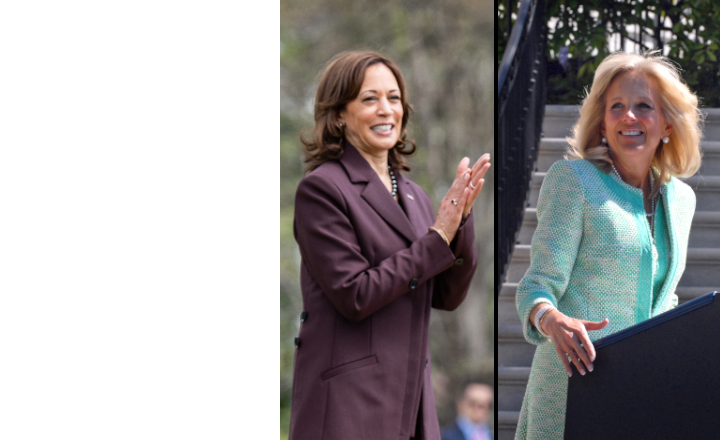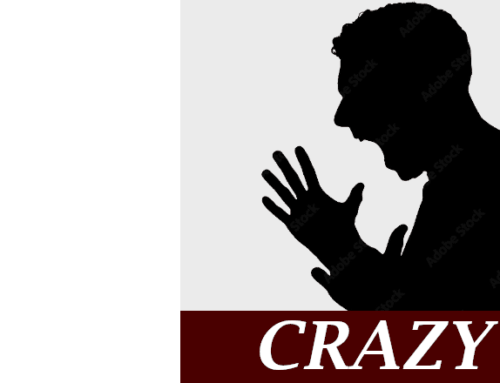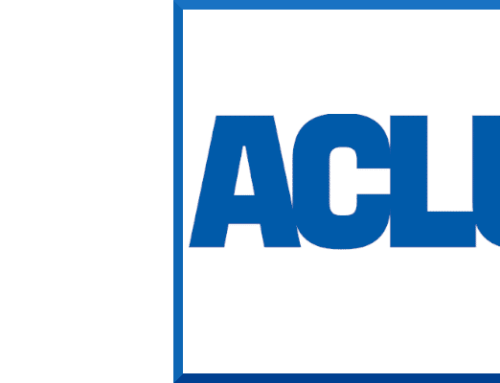The literary credentials of Kamala Harris and Jill Biden are quite a spectacle. Not sure who is more impressive.
Harris claims to be the author of a 2010 book, Smart On Crime. Jill Biden claims to have a doctoral degree. But there’s more there than meets the eye.
It’s a sure bet Harris didn’t write Smart On Crime. On the book’s cover it identifies Kamala Harris “with” Joan O.C. Hamilton. Real authors know what that means—“with” wrote the book. This is acceptable if the “author” is a celebrity or an athlete, but when politicians, or TV personalities for that matter, sell themselves as real authors—when “with” wrote the book—it is simply dishonest.
But this doesn’t excuse Harris from the charge of plagiarism. It has now been revealed that several passages in the book were lifted, word for word, from the Associated Press and Wikileaks. Harris put her name on it so she has to be held accountable. I begged off from buying it because it is selling on Amazon for $395.
Her oral skills are no better. Known as the “Word Salad Queen,” Harris has a penchant for scrambling her thoughts. Much of what she says is so incoherent, or just plain dumb, as to make heads spin. For example, when she says, “I grew up understanding the children of the community are the children of the community,” it suggests that others grew up understanding the children of the community are not the children of the community. Would love to meet them.
Harris’ understanding of what culture means is equally profound.
“Culture is—it is a reflection of our moment and our time. Right? And present culture is the way we express how we’re feeling about the moment and we should always find times to express how we feel about the moment. That is a reflection of joy. Because, you know…it comes in the morning.” For some reason, I thought it was after lunch.
An Ed.D. is not like a Ph.D. The former is a degree in administration; the latter is a research degree. Most Ph.D.s, myself included, don’t identify themselves as Dr., though they have every right to do so. To be awarded the degree, they have to write a dissertation, or what is regarded as an original contribution to research. This is not a requirement for an Ed.D. Therefore, when someone with an Ed.D. identifies as Dr., it makes those with a Ph.D. wince.
Jill Biden, armed with her Ed.D., insists on being called Dr. Jill, and the media dutifully comply (some people actually think she’s a physician). After perusing what the University of Delaware calls her “dissertation/executive position paper” (never heard of an “executive position paper”—must be unique to Ed.D. candidates), it is clear that her “Dr.” status is an embarrassment.
News reports say that her paper, which was on student retention in community colleges, is 137-pages long. Actually, the text is only 79 pages (the rest are introductory notes and the bibliography). It reads more like an encyclopedia than serious scholarship.
Readers can’t get by the first two pages without wondering how any educator would sign off on it. Yet seven did, including the Provost. Then again, the Bidens are god in Delaware.
“Dr.” Jill got off to a bad start. She writes, “The needs of the student population are often undeserved, resulting in a student drop-out rate of almost one third (my italics).” She obviously meant “underserved.” This was the second sentence on p. 1.
On p. 2, she proves her mathematical illiteracy. Commenting on the demographic characteristics of the students at Delaware Tech, she writes, “Three quarters of the class will be Caucasian; one quarter of the class will be African American.” She should have stopped there. But evidently she can’t count. She added, “one seat will hold a Latino; and the remaining seats will be filled with students of Asian descent or non-resident aliens.”
Sometimes she simply makes no sense. “Although students make friends through their classes and their technologies….” What’s that? Students make friends through “their technologies”?
Even better are her childlike constructions. She makes such pedestrian points that it makes the typical pub conversation sound Shakespearian.
“A faculty mentoring program can go hand-in-hand with the advisement process.” Isn’t that what mentoring programs are all about? Then we learn that “The best mentors are the faculty or staff with whom a student seems to connect.” Very insightful.
Furthermore, she says, “The mentor should be genuinely interested in helping the students succeed or meet their goals.” Extraordinary observation. Also, “The student retention committee should formulate a plan to increase retention.” Great idea.
On the conclusion page, we learn that “Because community colleges are education institutions, the most important focus must center on the academic success of the students.” Go to the head of the class, Dr. Jill.
Kamala and Dr. Jill are proof positive that anyone can make it in the USA.







